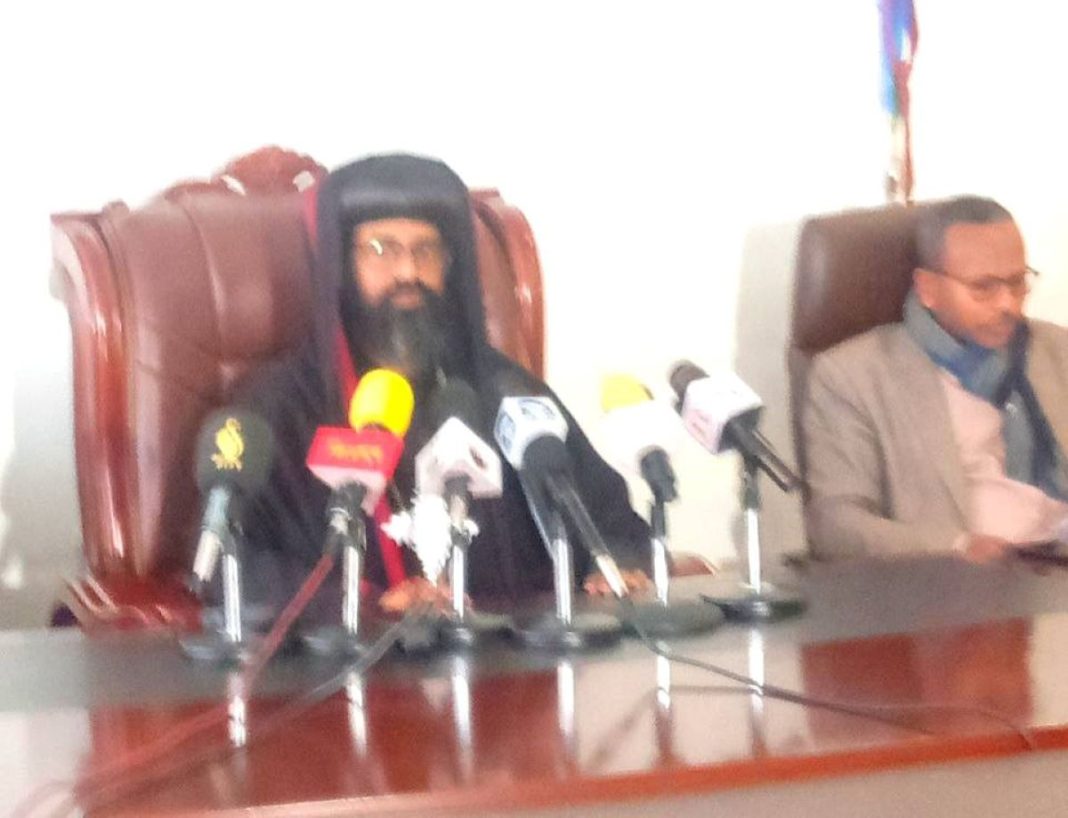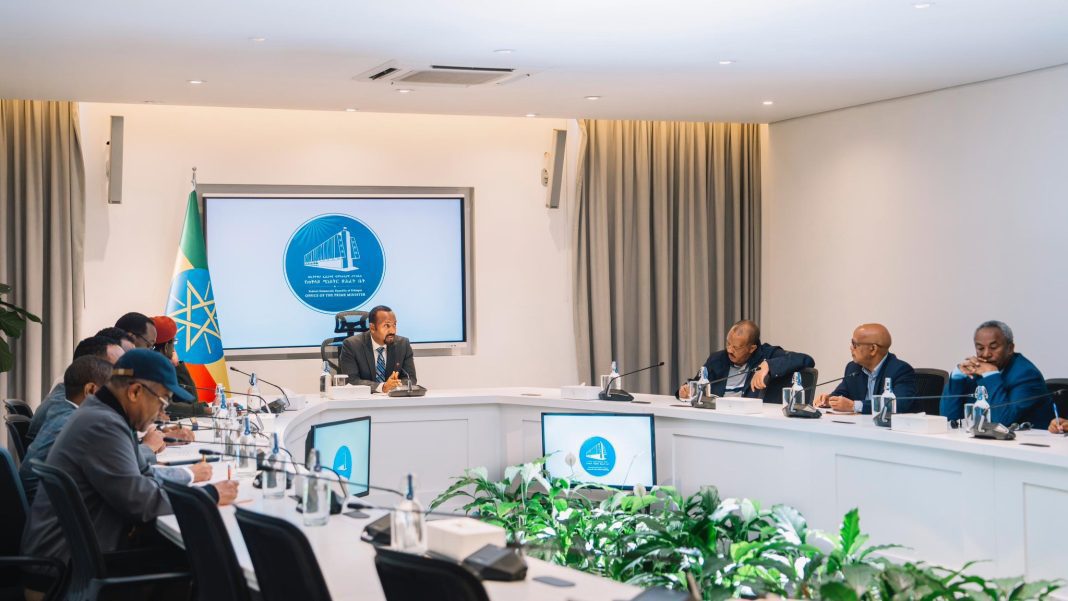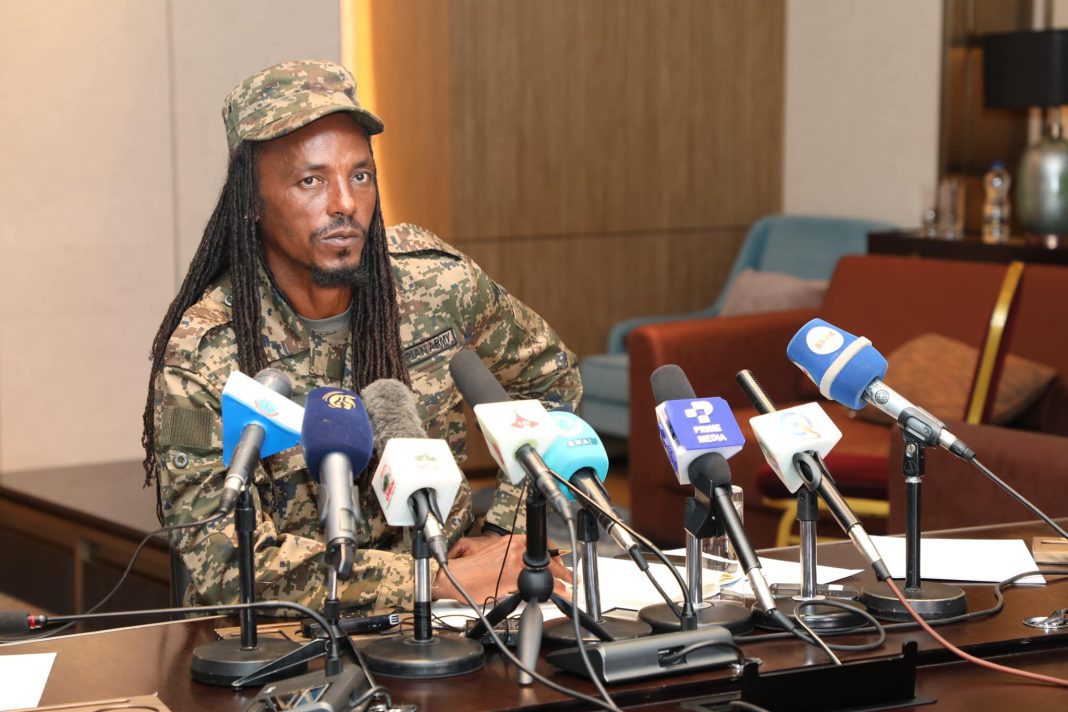In the political leadership of Tigray, the widespread dissatisfaction and discontent caused by the leadership of the TPLF have disrupted the administration of Tigray for over a year. This has left Tigrayans without a meaningful solution, with our land remaining vulnerable, our people unable to return from displacement, and the foundations for peace and security unachieved. The failure to implement the Pretoria Agreement has been a major contributing factor to this instability.
Several civic organizations, including the General Policy Research Institute and the Tigray Public Affairs Assembly, have raised concerns about the ineffective political leadership in Tigray. They emphasize the need for inclusive political dialogue that prioritizes respect for the dignity and values of the people of Tigray.
The ongoing situation has been exacerbated by fragmented political and military leadership, which lacks the vision to ensure Tigray’s recovery, protect its cultural and historical legacy, and establish a governance structure rooted in law and order. Over the past year, this fragmented approach has brought Tigray to the brink of severe political instability.
Community and religious leaders, alongside business networks in Tigray, have called for a peaceful and unified resolution to the political impasse. They stress the importance of upholding the dignity of Tigray’s people and respecting its rich cultural heritage, emphasizing that political leadership should aim to serve the people rather than perpetuating division and unrest.
Therefore, it is critical to focus on rebuilding trust, fostering collaboration, and promoting justice to lay the foundation for a peaceful and prosperous Tigray. By doing so, we can work towards restoring hope, stability, and the collective future of Tigray. The failure to achieve this would risk pushing the region into deeper political and social crises.





